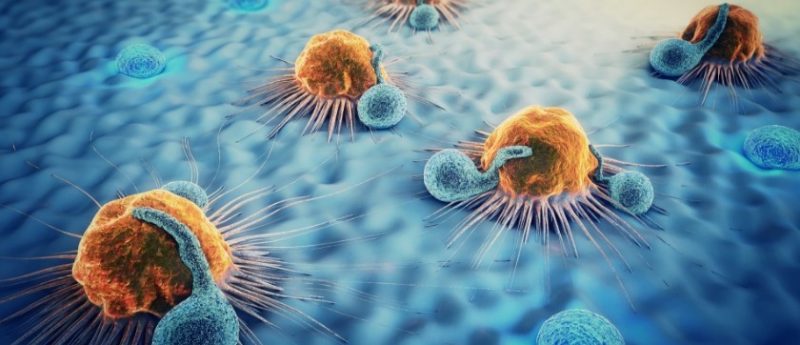Radiation therapy for inflammatory breast cancer: technical considerations and diverse clinical scenarios

Inflammatory breast cancer (IBC) is associated with unique skin findings at presentation, diffuse spread and poorer outcomes compared with non-IBC. Standard of care when metastatic disease is not present at diagnosis includes neoadjuvant chemotherapy, modified radical mastectomy and postmastectomy radiation. Several retrospective studies have demonstrated reasonable local control using varying aggressive approaches that will be reviewed and technical considerations that will be discussed. In general, the existing contemporary data support an aggressive locoregional approach in IBC. The morbidity of extensive locoregional recurrence in IBC merits aggressive efforts in prevention in high-risk metastatic cases. Our large, single-institutional experience suggests that contralateral disease and extension to second echelon nodal stations may still represent curable disease amenable to aggressive locoregional therapy in some cases. Examining 13 IBC cases where contralateral involved nodal basins were treated with radiotherapy with or without surgery at the time of ipsilateral locoregional therapy, four ER-positive patients presented evidence of disease at the last follow-up. Examining 36 patients with metastatic IBC involving any M1 site who underwent neoadjuvant chemotherapy, modified radical mastectomy and postmastectomy radiotherapy similarly revealed that a long-term status of no evidence of disease is achievable in some M1 IBC patients treated with effective systemic therapy and aggressive locoregional therapy. Actuarial 5-year overall survival in this M1 cohort was 54%. Radiotherapy for clinical circumstances including extended regional (M1) disease, palliation of diffuse skin metastases, reirradiation and inoperable IBC will be discussed.
Click here to view full article.





